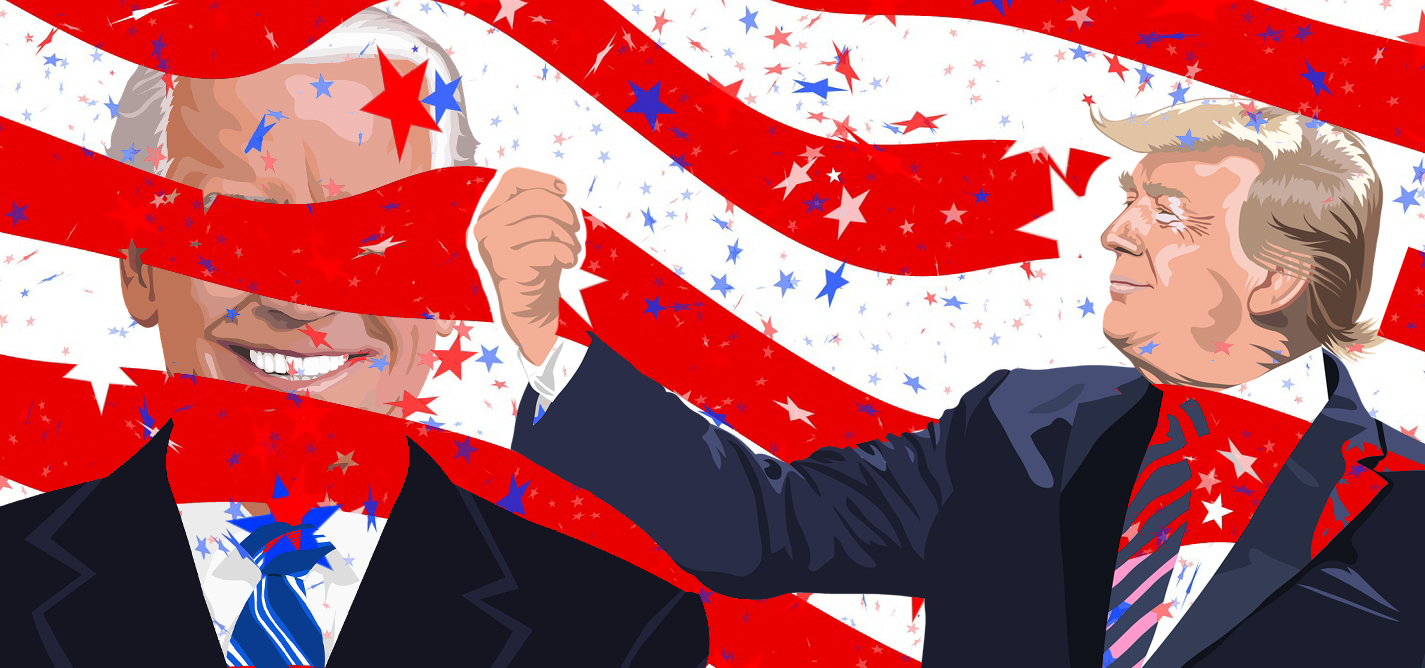
Trump’s America: Why did it happen?
Explaining the conservative mind.
This is a problem for many rural and suburban people who believe that one metropolitan area is making decisions for the entire state.
Many people in both parties consider the other’s members morally and intellectually inferior and say so loudly, proudly on a regular basis.
Whatever happens we can be sure of one thing, democracy is eroding in America and vitriol is at an all-time high.

Lauren Hanna
Lauren Hanna was born in America’s heartland, in a small town outside of Milwaukee, Wisconsin. Her parents were small business owners, and she lived in a very conservative county. She attended the University of Washington — Seattle where she received her Bachelor’s degree in Public Health with a focus on women’s health in post-conflict societies. She won a Fulbright Scholarship for domestic violence research in Prishtina, and now works at the Kosovo Women’s Network as a Project Coordinator. The views within this article are solely those of the author, not those of the Kosovo Women’s Network.
DISCLAIMERThe views of the writer do not necessarily reflect the views of Kosovo 2.0.
This story was originally written in English.